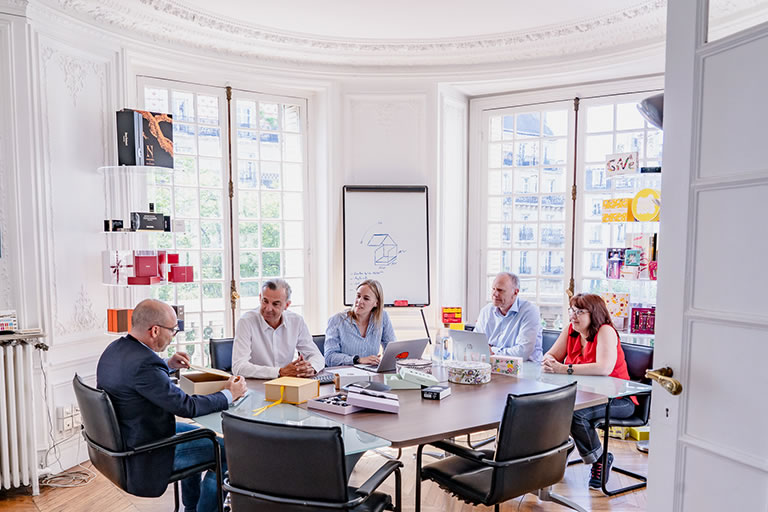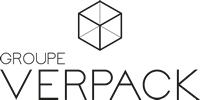Committed to sustainable and ethical industrial practices and to the wellbeing of its employees, consumers and the environment, Verpack Group has long made corporate social responsibility part of its strategy. Its growth is built on expanding its areas of expertise and its sectors of activity, innovation and the safeguarding production in each region where it is present.
Its CSR policy, piloted by a dedicated team, is a management tool that federates the company as a whole.
This commitment is cemented by the group’s membership of the United Nations Global Compact. This involves 17 sustainability targets and follows ISO 26000 guidelines.
The group’s commitments are clearly defined:
- Work locally for a global impact
- Factor CSR into each project
- Prioritize ethical and local sourcing
- Encourage information sharing on sustainability subjects and offer employees guidance for the future
- Accompany brands in their search for better solutions for man and the environment
- Combat inequality and encourage respect between individuals
- Adopt fair, transparent working practices
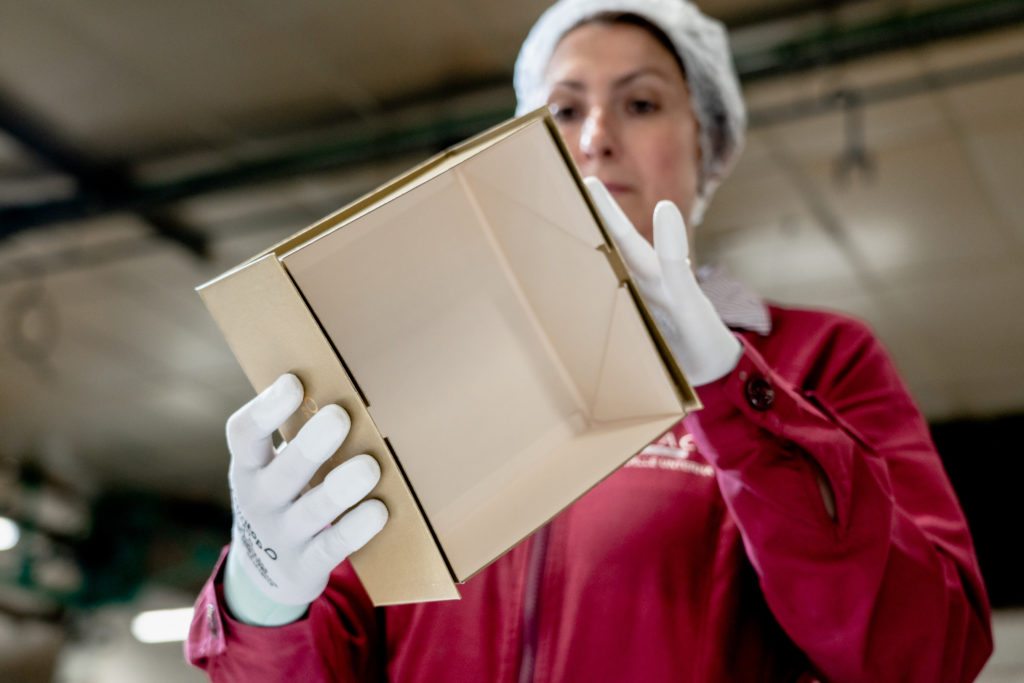
Global Compact
Since 2017, VERPACK group has been committed to the UN Global Compact corporate responsibility initiative and its principles in the areas of human rights, labour, the environment and anti-corruption.
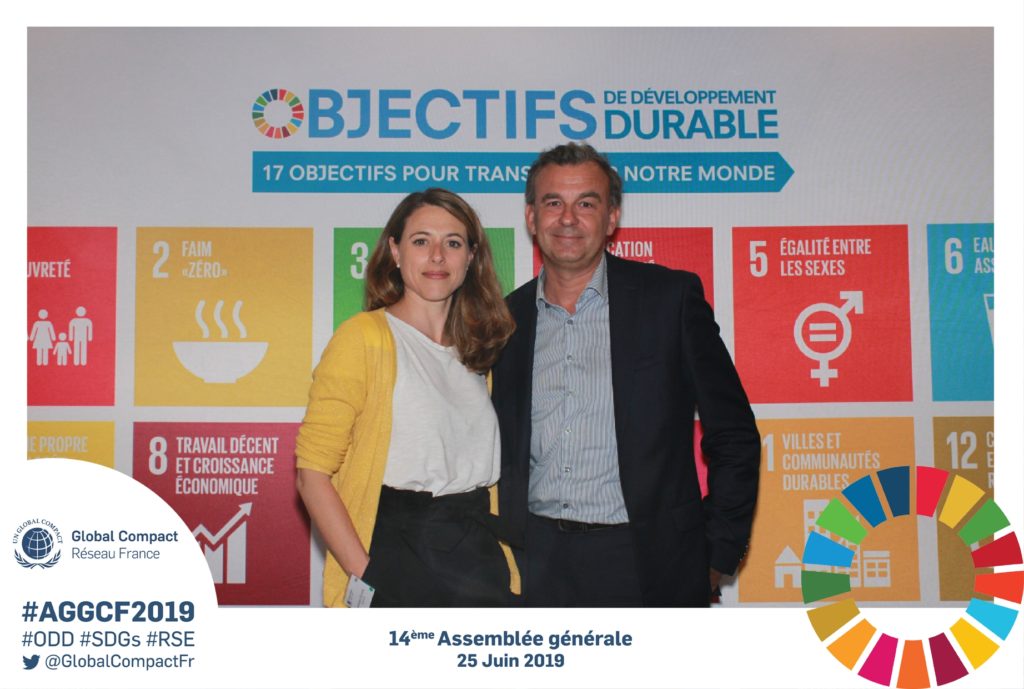
Verpack’s Bordeaux factory elected ambassador
In 2018 for a five-year term, Verpack’s Bordeaux factory was elected as an ambassador for Global Compact France, representing the Nouvelle-Aquitaine region.
This distinction not only highlights the group’s commitment to the principles of the United Nations (the environment, human rights, combating corruption, international labor legislation), but also its sense of innovation, its commitment to the communities in which it is present and its expertise when it comes to sharing best practices.
Quality, Health and Safety
Within the framework of relevant norms and regulations, quality, customer satisfaction and a drive for continuous improvement guide each of the company’s actions, from the sourcing of raw materials to the finished product. For this, each factory has a quality control department. The group also has a quality vigilance policy for every part of the supply chain: the implementation of rigorous validation processes with customers, responsibility sharing, automated and manual quality control, validation of material flows, management of storage conditions, safeguarding of processes, and no compromise on the health and safety of customers and consumers.
100% safeguarded production
Verpack Group stands out for its smart manufacturing base, which is at the service of the company’s business continuity planning. Its production is 100% safeguarded thanks to a system of “mirror facilities” whose models are replicated. In the case of excess demand or an incident at one facility, a second is capable of taking over with no disruption to supply. This organization allows the group to manage activity flows and be more flexible and reactive.
A shared ERP system centralizes the group’s vital functions, from prospection to invoicing via the different production stages (mock-ups, quotes, choice of materials, planning, manufacturing, storage, etc.).
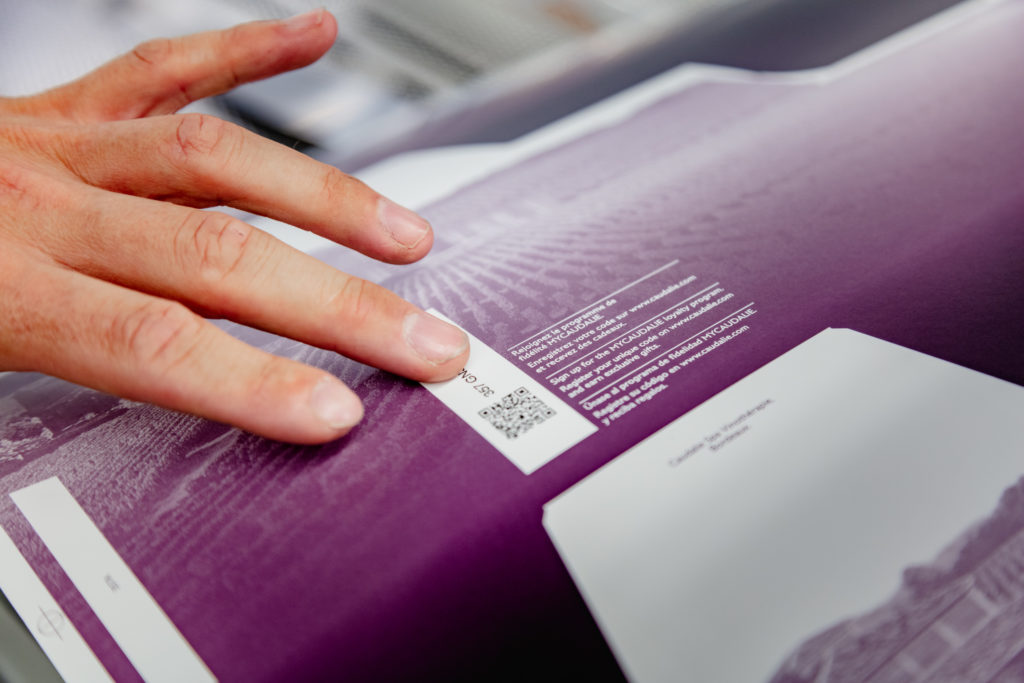
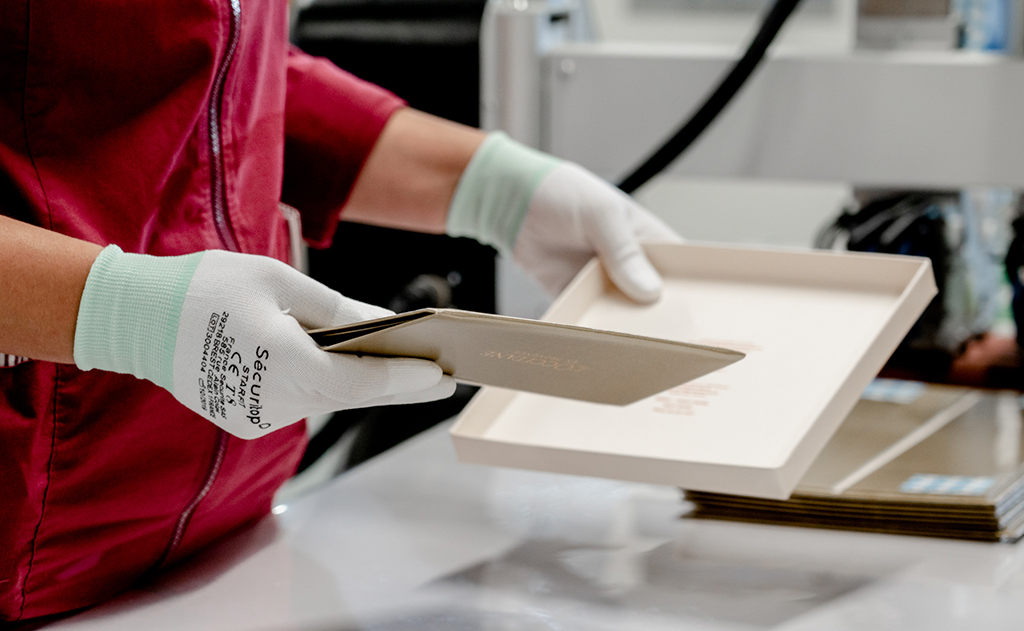
Health and Safety Policy
Human health and safety are at the heart of the group’s concerns. Its health and safety policy is based on stringently respecting nine major principles when it comes to avoiding incidents.
It conducts employee awareness campaigns and offers support and mentoring to team members, helping to avoid situations that could prove harmful to the health and wellbeing of employees.
The Environment
Sustainable development is the cornerstone of the group’s activities. Beyond conforming with rules and regulations, the company as a whole shares the same conviction when it comes to preserving the planet. Optimizing the group’s environmental performance in each of its activities is essential. Verpack Group encourages any initiative that contributes to its continuous improvement in this sense, from sourcing, purchasing policy, process development, technology, products and packaging down to waste management.




Eco-design
Committed to the ecological transition of packaging, Verpack Group has a responsible innovation policy. With the aim of contributing to the circular economy, its research focuses on the impact of each aspect of product design (pollution, waste management, resource savings, choice of décor and materials, transport…).
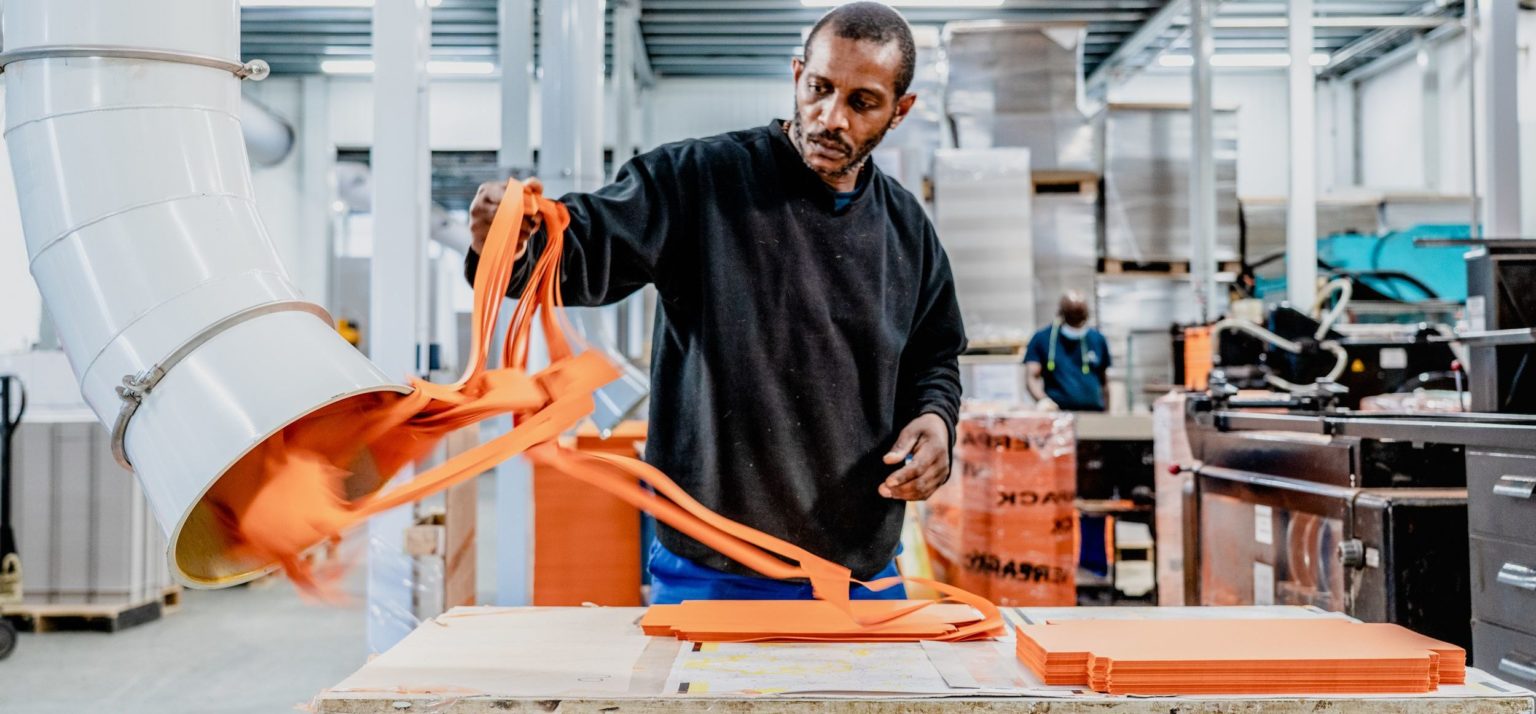
Rethink, Re-use, Recycle: Eco-design is a fruitful collaborative approach implemented in close partnership with brands seeking to reduce the ecological footprint of their products.
Research and development are focused on product design and functionality. Cardboard inserts offer a winning mono-material solution that tick all the boxes: ergonomic, solid, recyclable. Ingenious solutions and alternatives for closures, hinges and sheaths make for mono-material products that are lightweight, solid, easy to store and recyclable.
The choice of cardboard as a raw material is strategic, offering lightweighting and reduction of volumes (thanks to micro-flute corrugated cardboard and cellulose), the selection of recycled references, card from sustainably managed forests (FSC®C142563, PEFC™) and ethical and proximity sourcing. As to décor, solutions like acrylic or biosourced inks are available.
Beyond industrial processes, this approach extends to respect for the people responsible for them, part of a global CSR program the group seeks to constantly optimize and improve.
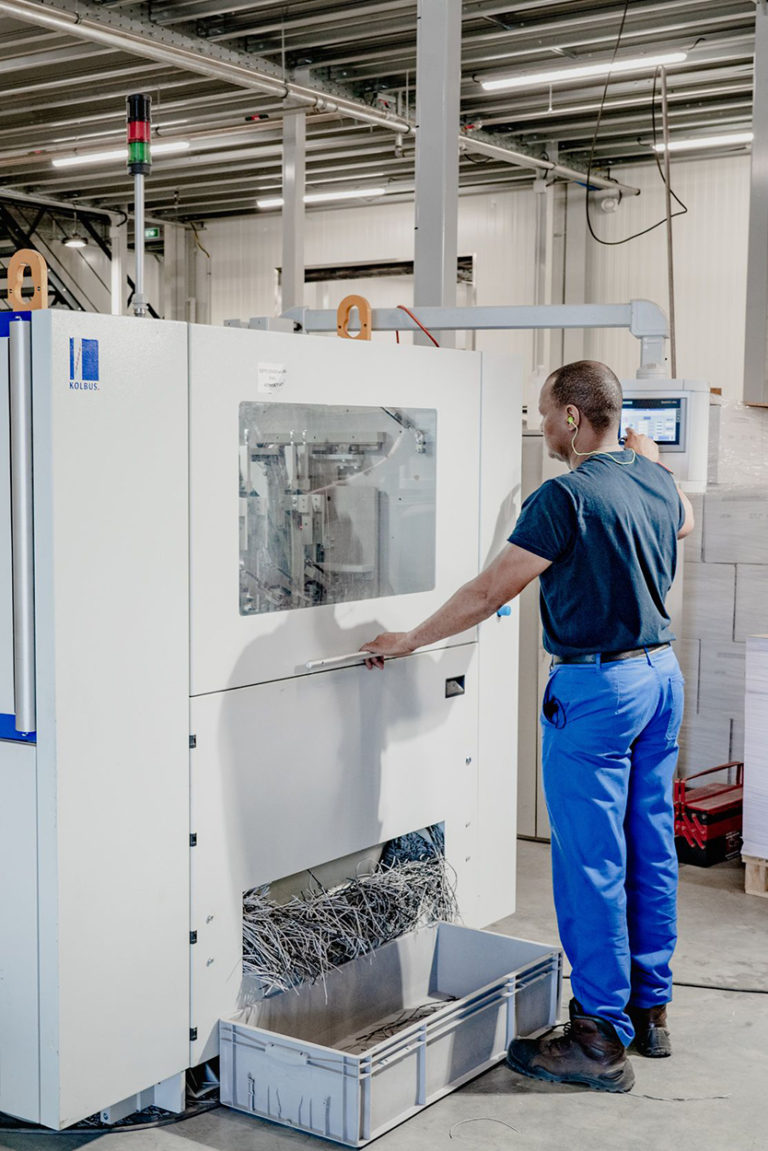
Verpack LCA
A Bespoke Tool
In line with its CSR commitments, the group designed its own software. This made-to-measure life-cycle analysis tool is built around the specificities of the industry. It uses sophisticated analysis (using Sima Pro software) and data, notably from the Eco Invent database, that is updated periodically. The results obtained allow Verpack’s team to help brands manage the impact of their products on the environment by a process of comparison.
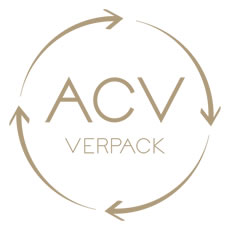
This encourages brands to reconsider their choices when it comes to design, materials, décor and inserts, according to their priorities in terms of sustainability objectives and costs. As such, the group accompanies its customers, helping them to learn more about eco-design alternatives.
